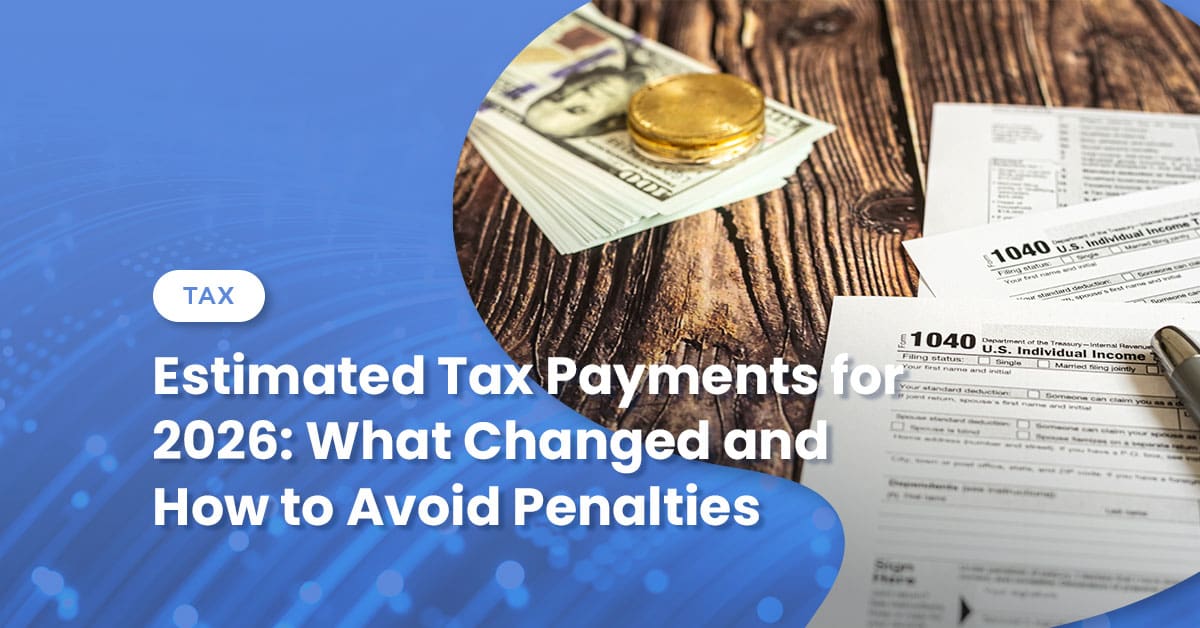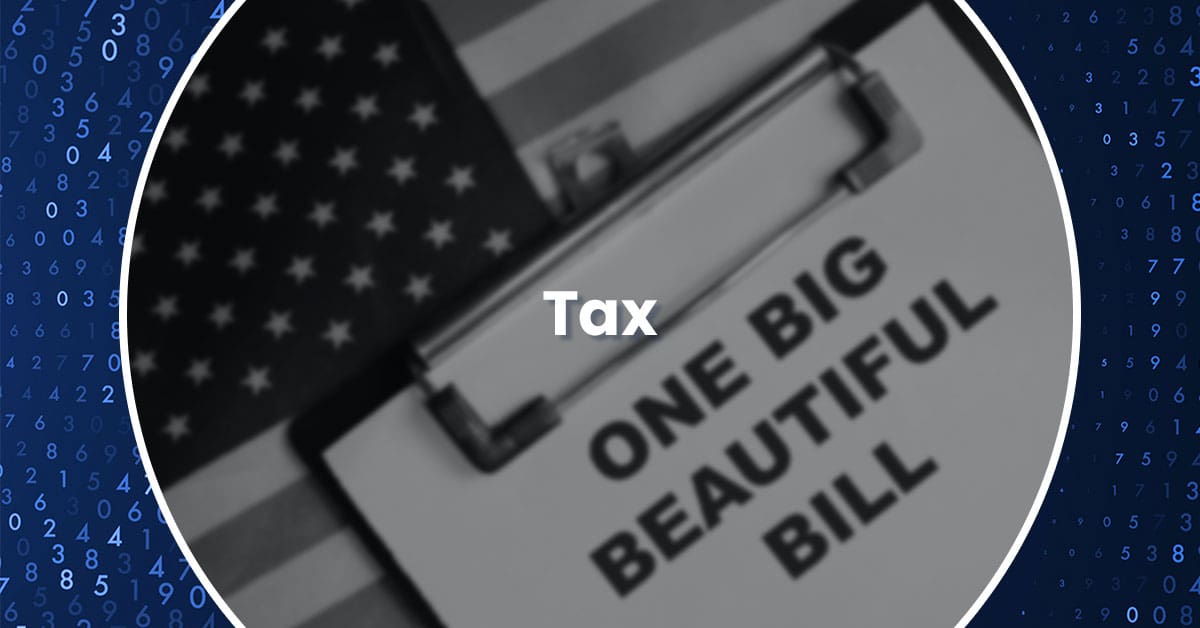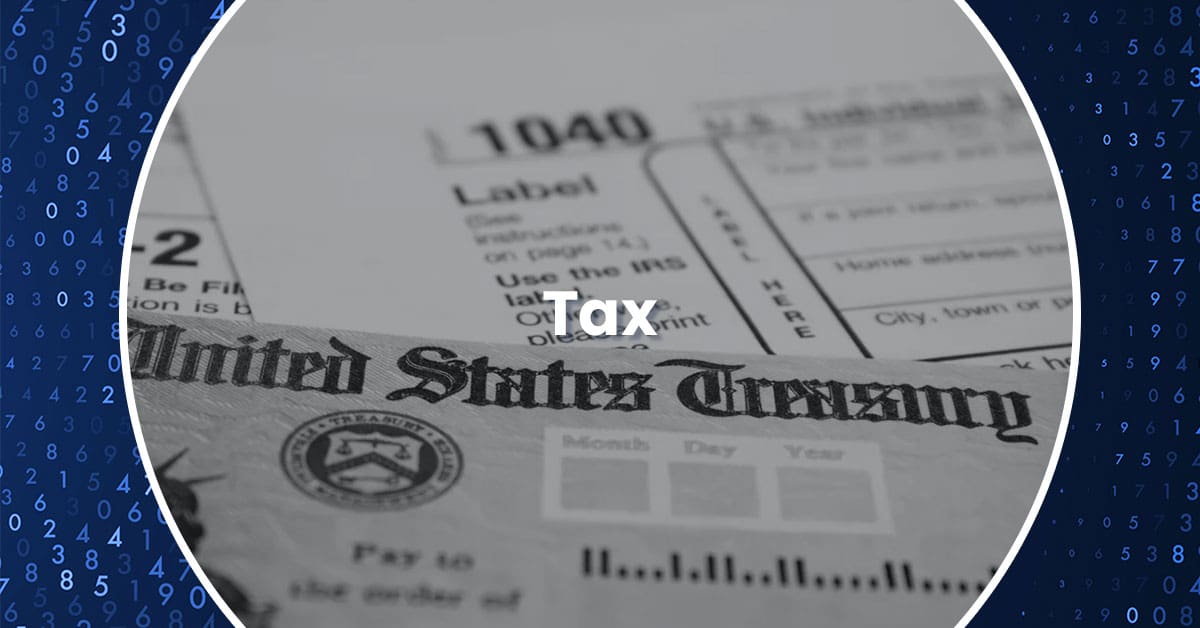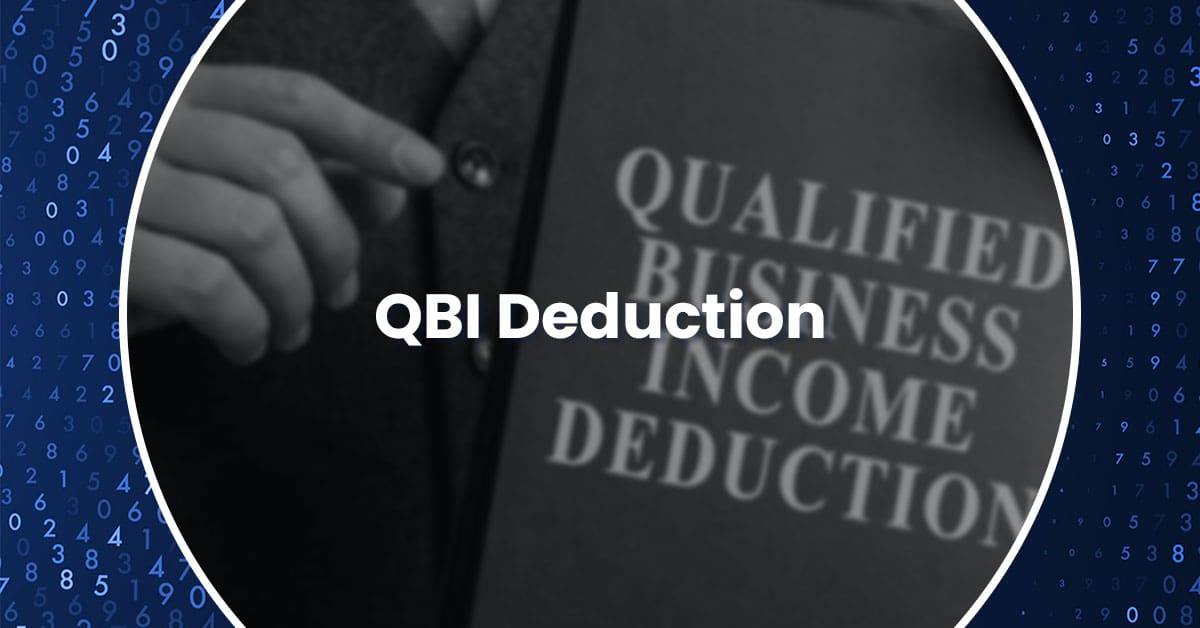Success Stories
Tariff Hub

10 Tariff Mitigation Strategies for Manufacturing Companies
February 12, 2026

Preparing for New Tariffs: CFO’s Guide to Manufacturing Cost Planning
February 10, 2026

Trump Tariffs 2026: Financial Impact on US Manufacturers
February 5, 2026

Manufacturing Tariff Exemptions: How to Qualify and Apply in 2026
February 3, 2026
Tax Bill Hub

Estimated Tax Payments for 2026: What Changed and How to Avoid Penalties
February 18, 2026

Estate Tax Exemption 2026: How OBBBA Changes Require 2025 Planning Today
October 13, 2025

IRS Ends Paper Tax Refund Checks: Electronic Payment Mandatory in 2026
October 8, 2025

The QBI Deduction is Here to Stay: What it Means for You
September 16, 2025
Read

Coworking Growth Drives First Office Vacancy Decline Since Pandemic
February 20, 2026

Property Tax Appeal Season Is Here: What Business Owners Need to Know Before the Deadline
February 20, 2026

Pet Food Manufacturing Accounting
February 20, 2026

Bridge Loans for Real Estate: When and How to Use Short-Term Financing
February 20, 2026
Watch
The Accounting Disruptors Podcast: Episode 3
December 11, 2025
The Accounting Disruptors Podcast: Episode 2
November 12, 2025
The Accounting Disruptors Podcast: Episode 1 | The AI Revolution in Accounting
November 12, 2025

Q&A: Top Strategies for Dealing with Work from Home Stress
December 14, 2022





